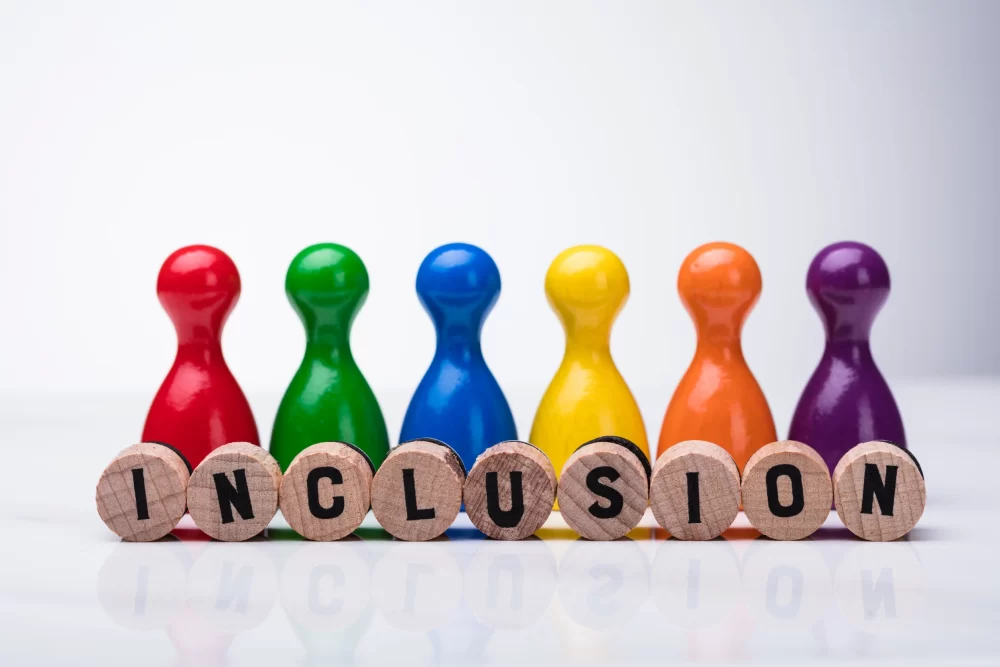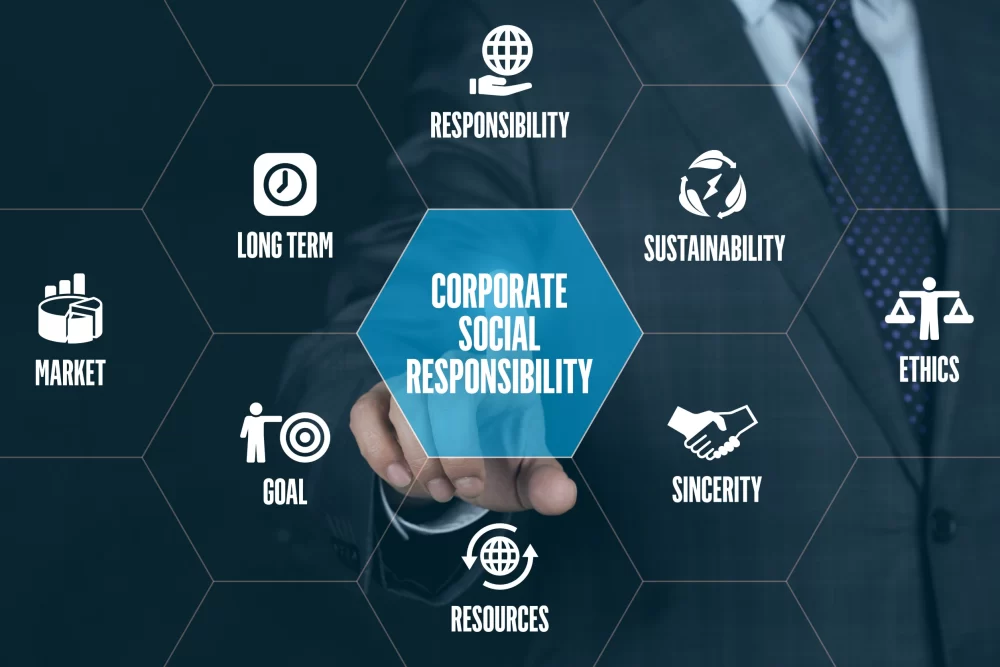In an era where corporate culture is under increasing scrutiny, understanding the nuanced dynamics of race and gender in the workplace is more important than ever. This article sheds light on 15 unspoken rules that subtly shape the corporate world. Recognizing and addressing these issues is key to fostering a more inclusive and equitable environment for all professionals.
1. Acknowledging Unconscious Bias

Unconscious biases are covert prejudices that influence decisions and interactions in the workplace. Recognizing these biases is crucial for creating a fairer corporate culture. Training programs to identify and mitigate these biases help promote inclusivity. By understanding our own biases, we can make more objective decisions and interactions, fostering a culture of fairness and equality.
2. The Glass Ceiling and Gender

The ‘glass ceiling’ refers to invisible barriers preventing women, especially women of color, from ascending to leadership roles. While there has been progress, significant challenges remain. Awareness and proactive policies are crucial in dismantling these barriers. Efforts to break the glass ceiling send a powerful message about a company’s commitment to gender equity.
3. Diversity in Hiring Practices

Diversity in hiring brings different perspectives to the table, enhancing creativity and problem-solving. Blind recruitment processes and diverse interview panels ensure equitable hiring. This approach not only supports fairness but also enhances the overall talent and diversity of thought within the organization.
4. Equity in Pay and Promotions

Pay equity is a persistent issue across industries, with notable gender and racial gaps. Transparent pay scales and regular audits are essential for bridging these gaps. When employees feel they’re compensated fairly, it boosts morale, productivity, and loyalty to the company.
5. The Importance of Inclusive Language

Inclusive language in the workplace respects diverse identities. Training in inclusive language promotes a respectful corporate environment. This practice not only fosters respect among colleagues but also reflects positively on the company’s public image.
6. Representation Matters

Diverse leadership in companies sends a message of progressiveness and inclusivity. It’s not just about numbers; it’s about the impact on employee morale and attraction of diverse talent. Companies with diverse leadership are often more innovative and better reflect their customer base.
7. Navigating Microaggressions

Microaggressions are subtle discriminatory comments or actions. Addressing them through training and dialogue is key for a healthy work environment. Educating employees about microaggressions can significantly improve workplace culture and employee satisfaction.
8. The Role of Mentorship

Mentorship is vital for career development, particularly for minorities and women. Companies are increasingly valuing mentorship programs for promoting diversity. These programs can help level the playing field and provide essential guidance and support to those who might otherwise be overlooked.
9. Embracing Diversity in Leadership Styles

Different cultural backgrounds can influence leadership styles. Recognizing and valuing diverse leadership approaches can enhance team dynamics and decision-making. This recognition helps in creating a more dynamic and adaptable management team, better equipped to handle various challenges and perspectives.
10. The Impact of Cultural Competence

Cultural competence is crucial for effective team collaboration and customer relations. Training in cultural competence enhances communication and understanding. It’s a key factor in global business success and helps in building stronger, more respectful relationships among colleagues.
11. Supporting Employee Resource Groups

Employee Resource Groups (ERGs) offer support and advocacy for minority groups. Companies that support ERGs show a commitment to diversity. These groups not only provide a support network but also contribute valuable insights into company policies and practices.
12. Addressing Systemic Inequities

Systemic inequities require introspection and structural changes for lasting equity. Beyond surface-level solutions, these changes can lead to profound improvements in corporate culture. Tackling these deep-rooted issues can significantly enhance fairness and opportunity in the workplace.
13. The Evolution of Corporate Social Responsibility

Corporate Social Responsibility now often includes racial and gender equity. Integrating these initiatives into business strategies is a sign of progress. This evolution reflects a growing awareness of the corporate sector’s role in broader societal issues.
14. The Significance of Safe Spaces

Safe spaces allow for open discussion of race and gender issues. They contribute to a more understanding and cohesive work environment. Encouraging these discussions can lead to greater empathy and collaboration among employees.
15. Harnessing the Power of Allyship

Allyship involves supporting colleagues who are minorities. Effective allyship can drive cultural change in the workplace. Allies play a crucial role in advocating for inclusivity and fairness, contributing to a healthier, more supportive corporate culture.
Continually Evolving Landscape

The corporate world’s landscape is continually evolving, especially concerning race and gender dynamics. By acknowledging and addressing these 15 unspoken rules, businesses and individuals can contribute to a more inclusive, equitable workplace. We invite you to join the conversation on inclusivity and take actionable steps towards fostering diversity in your organization.




